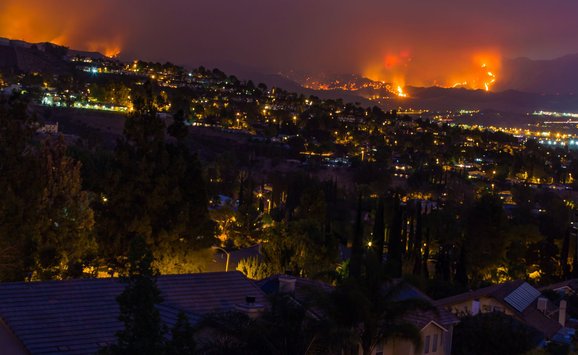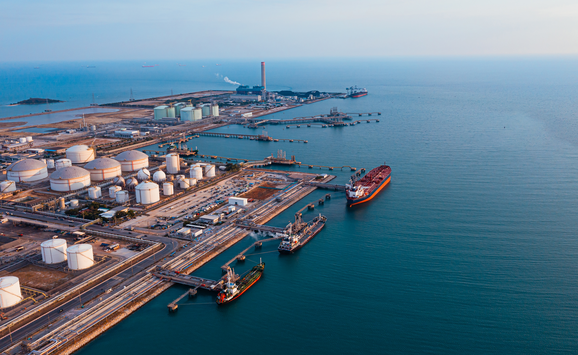Actual and prospective discoveries of natural gas in Western Europe seem likely to work changes in the pattern of energy use in Europe. They may also affect Europe's future import needs of coal and oil, much of which have been supplied by US mines and from wells operated by American companies in the Middle East. With production already started in huge new natural gas fields in northern Holland—the largest in Europe and among the largest in the world—where reserves are currently estimated at from about 40 to 70 trillion cubic feet, the Netherlands is placed in a favorable position to supply a larger portion of its own energy needs in the future and also some of the needs of neighboring countries.
Proposals for gas pipelines from the Netherlands to other parts of Europe are under consideration, but definite plans await further knowledge about the extent of reserves, the development of productive capacity, decisions regarding energy policies in the Netherlands and elsewhere in Europe, and other factors. Exploration is also being undertaken in an extension of the same geological formation across the border into West Germany, and in the territorial waters of several nations bordering the North Sea. The energy position of the United Kingdom and of other countries could also be changed if the search for natural gas in nearby offshore areas yields supplies in commercial quantity.
Production of natural gas in Western Europe reached a peak about 550 billion cubic feet in 1962, about 75 percent of it coming from Italy and France. Even so, natural gas formed less than 3 percent of the year's total fuel consumption in Western Europe, whereas in to United States it claimed about 30 percent of fuel consumption. The extent to which natural gas will grow as a percentage of Western Europe's energy supply will depend upon a combination of economic, political, institutional, and technological factors. The changing importance to the different sources of energy in various regions of the world as a result of new discoveries, technological advances, changing costs and prices, etc., are being examined by RFF as part of its continuing studies of the prospects for world energy supply, demand, and trade.





